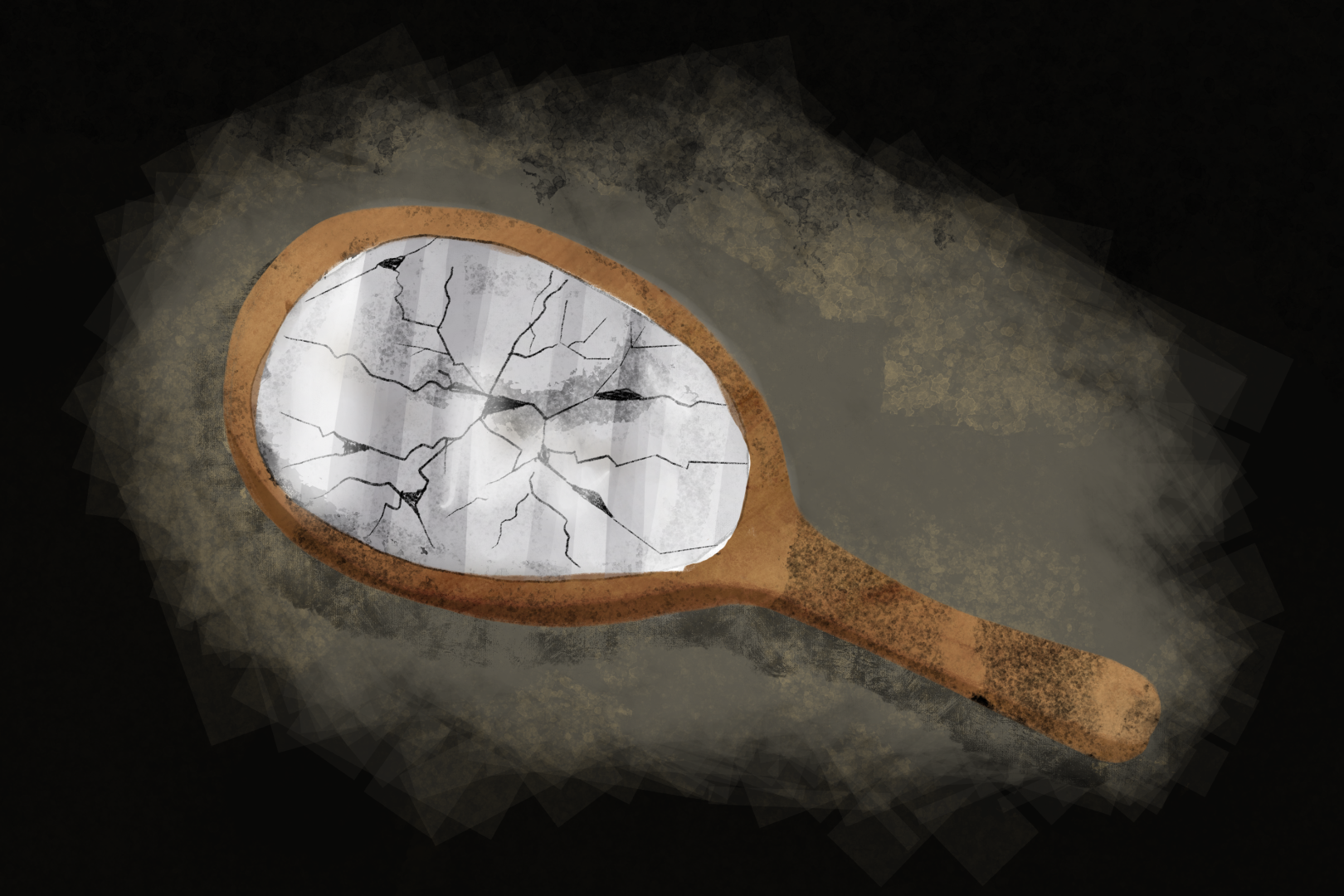
Female Genital Mutilation (FGM): Cultural or Religious Phenomenon?
By:Female genital mutilation (FGM) is the collective term for a range of procedures involving partial or total removal of the external female genitalia or other injury to the female genital organs for cultural or other non-medical reasons. In addition to causing extreme bleeding, urination issues, cysts, infections, labor challenges, and a higher risk of stillbirth, the practice has no beneficial effects on the health of a female body.
FGM is a type of violence, discrimination, and a violation of human rights that targets girls and women. Although adult women are occasionally subjected, it is most frequently performed on girls between the ages of infant and fifteen. In addition, if the procedure results in death, the practice violates individuals right to life, as well as their right to physical integrity, health, and freedom from torture and other cruel, inhumane, or degrading procedure.
Women who are subjected to female genital mutilation (FGM) suffer severe short- and long-term negative impacts from the procedure, such as: severe pain, excessive bleeding, genital tissue swelling, fever, infections like (tetanus) urinary problems and wound healing problems, injury to surrounding genital tissue, shock and death could also be an immediate complications.
While Long term complications can include: chronic vaginal and pelvic infections which can lead to infertility, difficulty passing urine due to the scar/ urine tract infections, painful and prolonged periods due to vaginal closure by the scar, childbirth trauma - perineal or vaginal tear during delivery, delay in progress in the second stage of labor and obstructed labor. On top of that, FGM leads to major psychological complications such as trauma, low self-esteem, denial of sexuality and anxiety/depression.
The origin of (FGM)'s is still unknown. On the basis of the discovery of circumcised mummies from the fifth century BC, some experts have suggested that Ancient Egypt (modern-day Sudan and Egypt) is where it originated. Some academics contend that the practice may have expanded through the channels of the slave trade, from the Red Sea's western shore to parts of southern and western Africa, or it may have come from the Middle East through Arab traders when black slave women entered ancient Arab societies.
It was believed that the proposed purposes of FGM would either ensure women’s virginity and reduction in the female sexual desire or it was practiced as a means of maintaining class difference in the highly regulated social structures of the ancient Egyptian empires, with families cutting young girls and women to symbolize their fidelity to the privileged, polygamous men in their culture.
According to statistics from large-scale representative surveys, the practice of FGM is strongly concentrated across a range of nations from the Atlantic Coast to the Horn of Africa, in regions of the Middle East like Iraq and Yemen, and in some Asian nations like Indonesia, with considerable differences in prevalence. While it affects less than 1% of girls and women in Cameroon and Uganda, the practice is highly prevalent in Somalia, Guinea, and Djibouti, with levels above 90%. Both Yemen and Iraq have national prevalence data, but there is also evidence of the practice across the Middle East from Saudi Arabia and Oman to Iran and Kuwait.
Iraq continues to be one of the most notable nations where FGM is practiced, with 8% of Iraqi women between the ages of 15 and 49 having had FGM at some point in their childhood. In the Iraqi Kurdistan Region, especially in the governorates of Erbil and Sulaymaniyah, FGM is a frequent practice. About 40% of women in the Iraqi Kurdistan Region have undergone FGM. However, the prevalence varies across geographic areas, ranging from 4.6% in Duhok governorate to 62.9% in Erbil governorate and 55.8% in Sulaymaniyah governorate. In certain rural areas, the prevalence is quite close to 100%. The most prevalent kind of FGM in the Iraqi Kurdistan Region is Type I (76-99%), which involves the partial or complete removal of the clitoris and/or the prepuce.
FGM is performed for a variety of justifications in various societies. In areas that are predominately Muslim, the practice has been connected to Islam, and there is a strong conviction that every Muslim woman must be subjected to FGM. In the Iraqi Kurdistan Region, religious necessity or demand is a significant factor (38.8% to 50.3%) in the practice of Mutilation. However, research indicates that female genital mutilation pre-dates Islam and Christianity.
It is seldom found in the literature that there are religious texts that frankly recommend or encourage FGM. Many notable Sunni and Shi'i Islamic scholars, including one from the Iraqi Kurdistan area, have denied any connection between FGM and Islam. However, lots of people continue to think that FGM has a religious basis, and in some nations, they justify FGM with Islamic law as though it is an obligation in Islam. Girls and women who are not cut may be thought to have haram hands in the Iraqi Kurdistan Region, and some people avoid eating or drinking from their hands.
Since 2007, advocacy and media campaigns against Female Genital Mutilation (FGM) have been ongoing in the Iraqi Kurdistan Region. In 2011, the Iraqi Kurdistan parliament issued a domestic violence law that prohibits FGM and considers it a crime. These initiatives have likely increased awareness of FGM and helped shift community attitudes towards the practice.
However, there is still minimal support for legislation that bans FGM, and local religious leaders lack adequate awareness of the practice's harmful health consequences. To combat this grave human rights violation, multiple sectors of government and society, including local religious authorities, must take a strong stance against FGM. They must also take decisive action to prevent the practice and protect young women and girls from its detrimental physical, mental, and reproductive effects.


